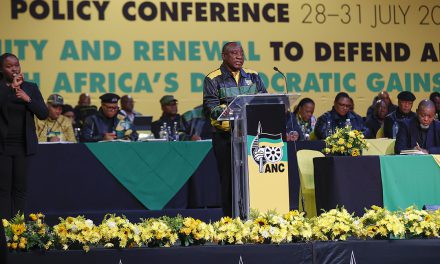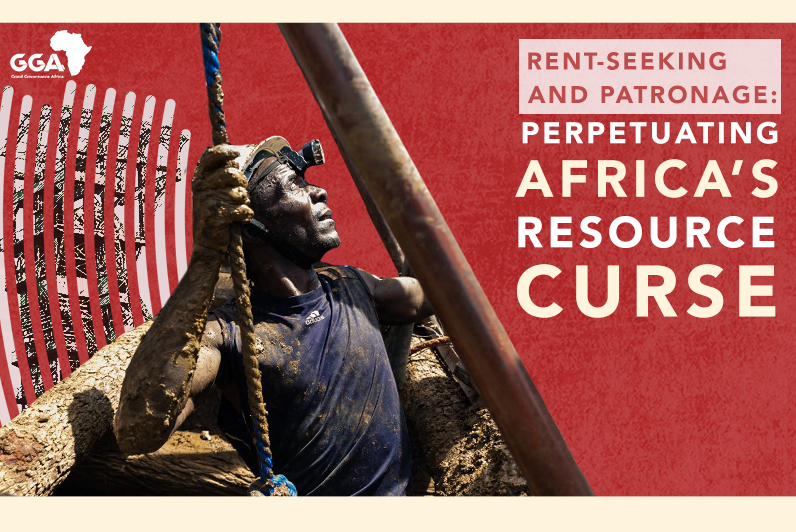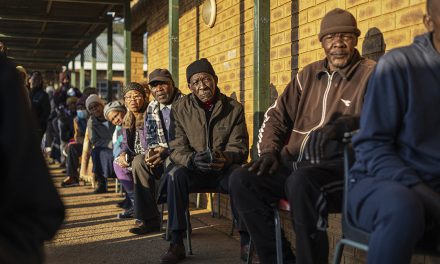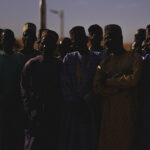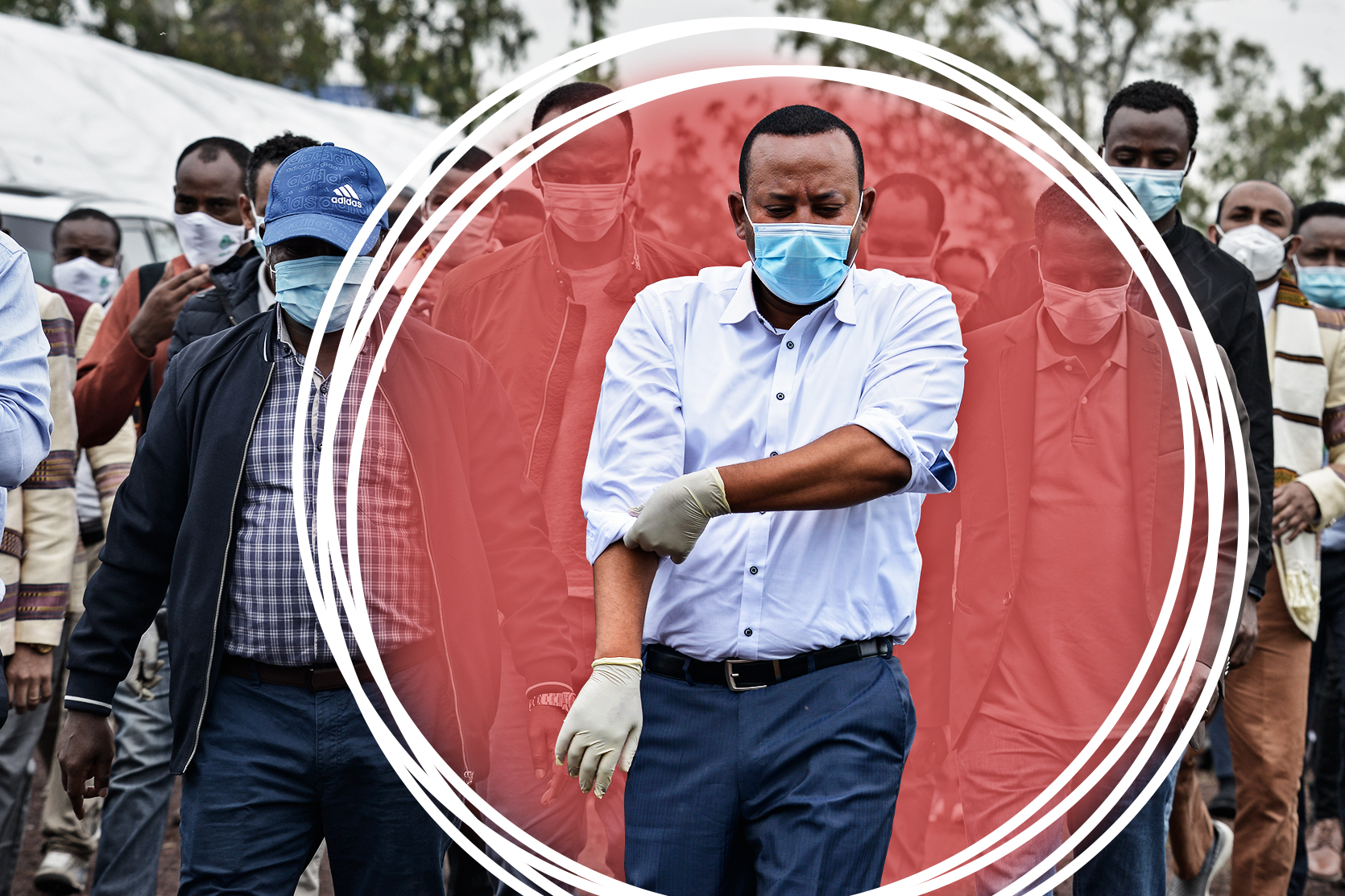
A few months ago, security agents intercepted five of Ethiopia’s opposition figures at Addis Ababa airport and took them to a place where individuals contracting the coronavirus were isolated and treated.
They had been on their way to attend a political summit in a northern town, the seat of an increasingly restive regional state, but they were kept under quarantine and prevented from attending. Reportedly, they were detained before they joined a meeting called by “federalist forces”.
The incident showed that the COVID-19 public health crisis could not have come at a worse time for Ethiopia. For those following developments in the country, the polarisation in Ethiopian society is reaching a point of grave concern. Unity of purpose and action remain elusive in the face of the pandemic.
The COVID-19 public health crisis could not have come at a worse time for Ethiopia. The polarisation in Ethiopian society is reaching a point of grave concern.
Since my last blog, the virus has started spreading like wildfire through the country. The death toll is also on the rise, although the mortality rate from COVID-19 remains half the global average. More than 200,000 people have been tested, representing 0.0014% of the population. A little over 3,700 people tested positive for the virus, of whom nearly 850 have since recovered.
In response, Ethiopia’s authorities have closed schools, compelled members of the civil service to work from home, closed borders, and discouraged mobility between the regions. But Tigray Regional State in the north, was the first to declare a state of emergency, ahead of both the federal government and other regional states.
A little over 3,700 people tested positive for the virus, of whom nearly 850 have since recovered.
The declaration, in response to the spread of the virus, appears to be as good as a poison pill for the country’s fraught political process, and the result is a profound constitutional crisis.
Prime Minister Abiy Ahmed is celebrated across the world as a rare African leader to have won a Nobel Peace Prize. Yet, now, he finds himself in difficulty, without the electoral means to stay in power. Officials in Ethiopia have declared that they are unable to administer national elections scheduled for August this year, fearing that such a large-scale enterprise could help the virus`s spread.
It must be noted that this is not unusual: across the globe, some 52 countries have put elections scheduled for this year on hold due to COVID-19. However, in Ethiopia’s case postponing elections may leave the country without a legal government.
In Ethiopia’s case postponing elections may leave the country without a legal government.
Unfortunately for the prime minister, the Constitution limits the terms of both chambers of the legislative houses to five years; there is no provision for allowing an extension. The framers of the Constitution clearly abhorred a power vacuum, and were determined never to let any incumbent overstay their mandate. The terms for the current legislative houses end in the first week of October this year, so the mandate of Abiy’s administration to govern will end soon.
Constitutionalism and the rule of law have dominated the airwaves in the political discourse. Ethiopia does not have a constitutional court, while its Supreme Court does not have the power to resolve constitutional disputes. So far, though, this has not helped Abiy in his quest for legitimacy.
Ironically, three days before the House of Federation’s 153 members began deliberations to determine whether the Constitution can be interpreted as supporting a further lease on life for the incumbent Prosperity Party, the Speaker, Keria Ibrahim, resigned in protest against a government that she says “not only endangers the constitutional political order, but also the very survival of the country”. A senior leader of the TPLF, which governs Tigray Regional State, she accuses Abiy of governing in an “unconstitutional and dictatorial manner”.
Tigray has declared its intention to conduct a provincial election of its own, in defiance of a decree from the federal government. Its leaders appear to take the view that the central government’s management of the threat of the coronavirus may prove to be a threat to the viability of the Ethiopian state. They have urged the international community not to sit by idly, or to let the Horn of Africa “fall apart”.
Tigray has declared its intention to conduct a provincial election of its own, in defiance of a decree from the federal government.
What lies behind this is the fault lines in Ethiopia’s “shifting political landscape”, as René Lefort and William Davison put it. Whereas earlier regimes were shaped by a unitarist vision of the Ethiopian state with a “one country, one flag” mantra, more recently the disagreements are between different views of federalism.
On the one side, there are disagreements between those who abhor a multiculturalist form of federalism and support “geographic” federalism, while others emphasise self-determination and autonomous rule in the regional states. On the other side, there are those who support a “softer federalism with a strong central government” and those who support stronger regions.
It is a safe bet, then, that the views of the “federalist forces” whose summit was disrupted a few weeks ago did not please the government in Addis Ababa.
The COVID-19 induced political confrontation in Ethiopia is escalating by the day. However Abiy responds, it will likely only add to a myriad of problems that the country faces, which could only be described as a perfect storm.
We’d love to hear from you! Join The Wicked Conversation by leaving your comments below, or send your letter to the editor to richard@gga.org.
Tamrat G Giorgis is the managing editor of Fortune, which covers mainly the economies of Ethiopia and Africa. He has over 28 years experience in nearly every aspect of publishing with more than 11 various publications. He is a member of the Alumni of the University of Georgetown’s School of Foreign Policy and regularly contributes to specialised international publications.





